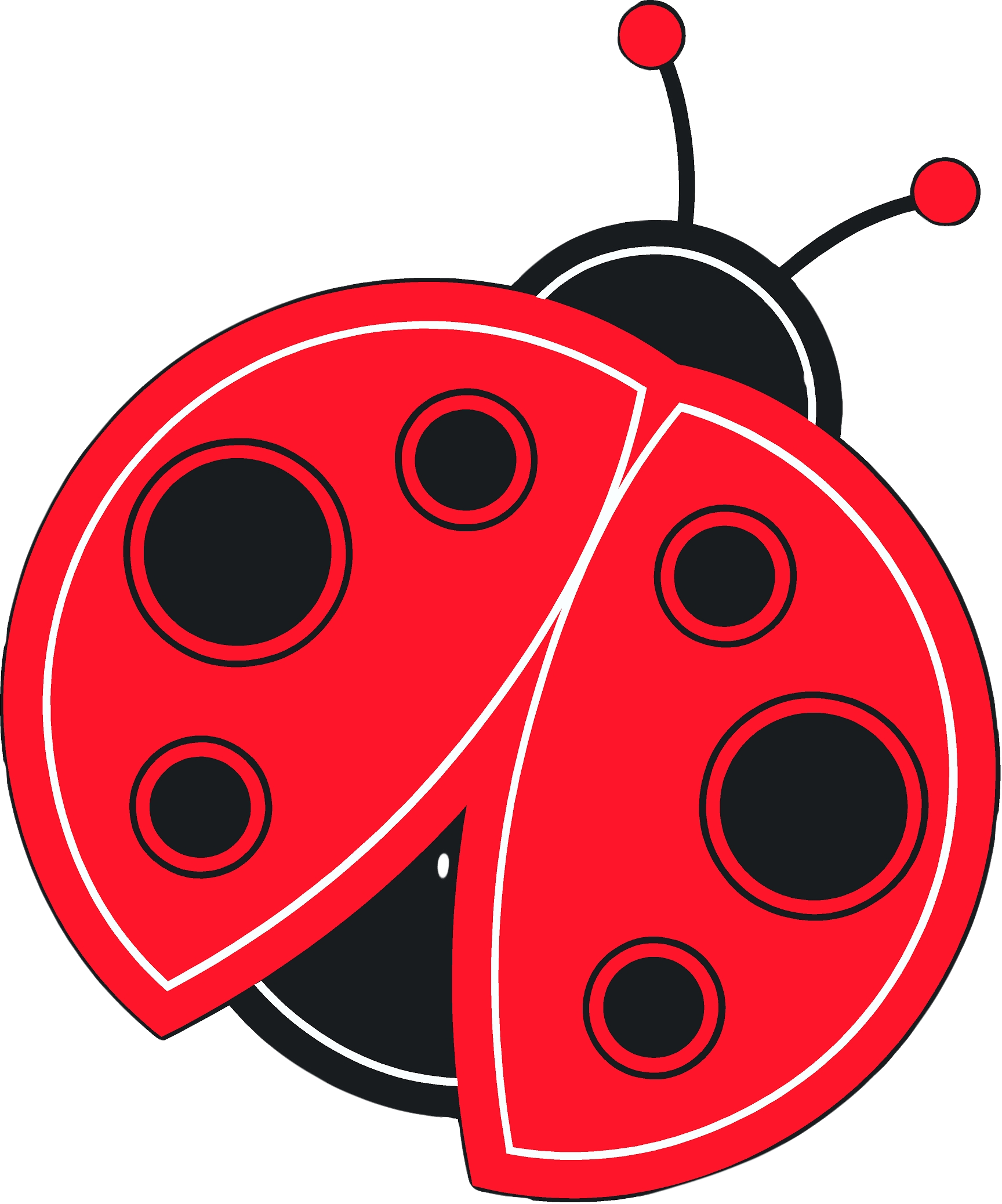Maureen Sexsmith-West
ISA Certified Arborist, PR4600A
My faithful companion
While investigating a volunteer plant for a client to determine if it should stay or go, I found out that this plant was part of the poppy family. If ingested in large quantities, it can be toxic to humans and dogs. Since they have three dogs, it was an important discovery. We determined that the dogs had not taken an interest in the mature plants in the past, it was not an invasive species so they will live to bloom another day. It made me think … what else poses a risk to our furry friends? I did some further research on the subject. While my own dog is not inclined to eat my flowers – he does love to pick and shell pea pods from the vine to eat the peas. While there is great entertainment value in this activity, I think I’d rather eat the peas myself. Another dog I owned, ate raspberries right off the plant when he was a puppy. Some simple barriers and regular training solved these behaviours.
When helping a client some years ago with a shelter belt design, we identified that Black Walnut trees could cause serious illness in his horses.
I have included a list of a few of the regional plants you should be aware of. This is not to say don’t use them in your landscape or as house plants, just be conscious of them. I have also included a website link for the ASPCA that has photographs and information on plants that can be toxic to dogs, cats and horses too.
Mildly Poisonous
Ivy, poinsetta, nettle and iris.
Tansy (listed on the Alberta Invasive Plant List as noxious)
All can cause mild to severe digestive upset.
Buttercups (Ranunculus) contain juices that can severely irritate or even damage a dog’s digestive system
Jack-in-the-pulpit (Arisaema atrorubens) burning and irritation of the mount/tongue.
Moderate Effects
Many bulbs can affects dogs, causing vomiting, diarrhea and even death if consumed in large amounts.
Hyacinth and Daffodils
Crocus, Lily of the Valley and Star of Bethlemen
Dumbcane Dieffenbachia
Azalea and Rhododendron
Larkspur/Delphinium
Foxglove (Digitalis)
Plants of the Nightshade Family including tomato, potatoe, peppers, gogi berry and eggplant
SEVERELY TOXIC
Castor Bean seeds
Mistletoe
Yew berries
Hemlock
Rhubarb
Datura (Jimsonweed)
Cherry Trees

